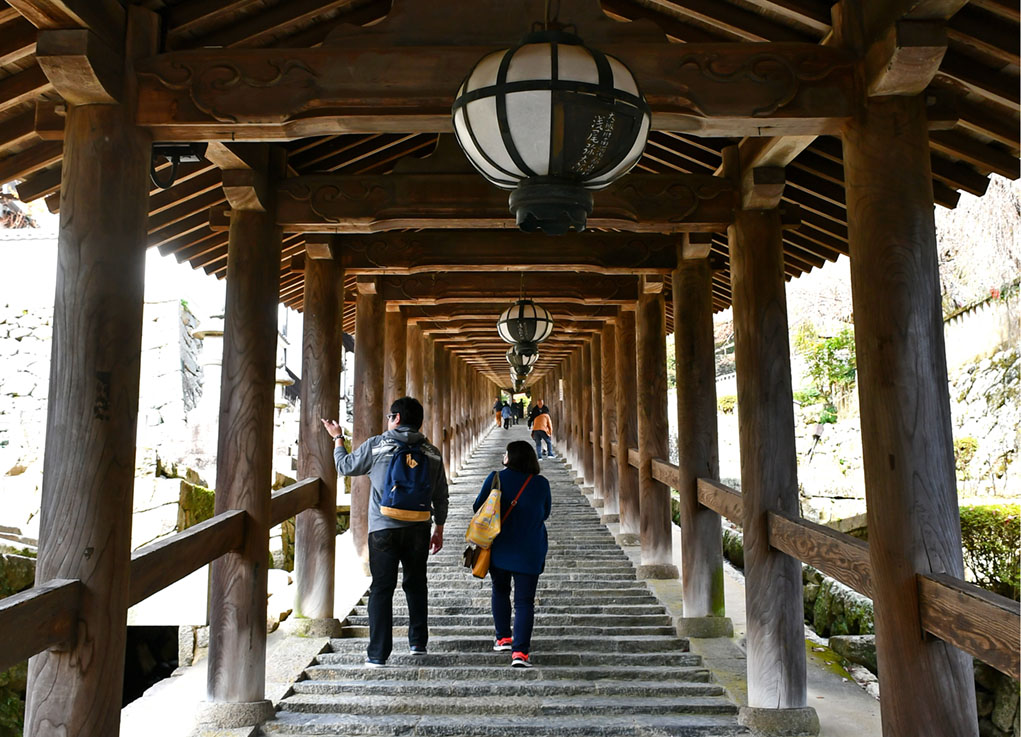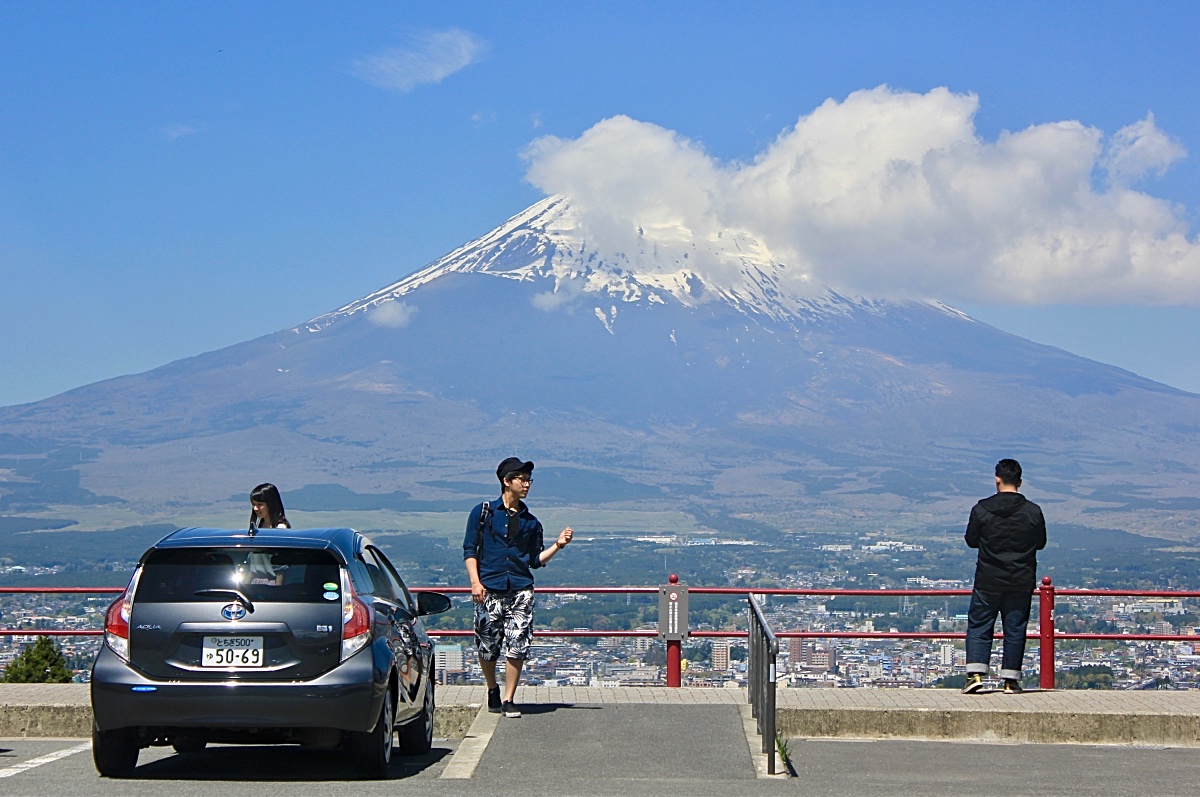One of the most interesting things about Japan is that it embodies the perfect example of a curious juxtaposition: it follows customs and traditions as old as time, yet it is exceedingly modern at the same time. Anywhere you look, you’ll see things that will pique your interest—from kimono-clad beautiful young ladies, stunning sceneries, robots serving people, and even their high-tech toilet bowls that have a seat-warming feature and can play music! Truly, The Land of the Rising Sun offers endless adventures of a lifetime.
But before you hop on a plane, it is helpful to understand Japan’s culture and traditions to ensure that your trip to Japan will go without a hitch. Here’s everything you need to know about Japanese culture.
Values, Customs, and Traditions
Perhaps one of the stark contrast between Japanese and Western culture is that Japan is a collectivist society that puts utmost importance on the welfare of the community as a whole, whereas Western countries are individualist societies that favor the rights and concerns of each individual. In a nutshell, unity, selflessness, altruism, and promotion of the greater good are valued traits in collectivist cultures, whereas independence and personal identity are promoted in individualistic cultures.

Wooden stairs tunnel at Hasedera, Sakurai.
Japan, in particular, puts heavy emphasis on instilling values of social harmony, politeness, and hard work in their culture. From a very young age, children in Japan are taught the value of always being considerate of other people and being respectful all the time, especially toward their elders. This culture was influenced in part by the Shinto religion, as well as Buddhism and Confucianism.
And even though the Japanese lifestyle is being slowly Westernized as time progresses, Japanese people still put immense effort to preserve their rich cultural heritage and customs by integrating their traditions into the modern Japanese lifestyle. They still practice serene tea ceremonies, wear kimono (their traditional clothing) during special occasions, and study traditional arts and crafts from early childhood.
Etiquettes You Must Know Before Traveling to Japan
Since Japan is a collectivist culture that puts emphasis on the comfort and welfare of everyone in the group rather than their individual comfort, Japanese people strictly adhere to strict etiquette. As a foreigner traveling in their country, you also need to follow such etiquette to avoid offending other people or making embarrassing mistakes in a social setting.
-
Take off your shoes when you are entering someone’s house
It is rude to wear your shoes inside someone’s home because that way, you are introducing dirt into their home. Japanese people eat their meals on a low table called chabudai while sitting on tatami mats, not on chairs. They also roll out the futon or mattress where they sleep on the tatami floors. Therefore, taking off your shoes when entering the house prevents the floor from getting dirty.
Once you take off your shoes, wear an indoor slipper or uwabaki (上履き) provided by the house owner.
-
Wear a mask when you’re sick
This is a considerate gesture to prevent others from contracting your disease. Or better yet, stay at home until you feel better.
-
Do NOT shake hands, hug, or kiss other people when greeting them
In Japan, the western way of greeting is a big sign of disrespect. Instead, what you should do is bow about 45 degrees to show respect to the other person. Japanese people are always expected to display modesty and humility towards other people, and the best way to do that is by bowing. This conveys the message that “I am not above you. I respect you, therefore I will bow when greeting you.” If you are in the presence of someone very important, bow longer with a higher degree of angle as it means more respect.
-
Make slurping sounds when eating noodles
Although making slurping sounds is considered obnoxious in the Western world, Japanese people—or at least Japanese chefs—take it as a sign that you are thoroughly enjoying your food. In a way, slurping your bowl of ramen conveys the message that you appreciate the food you are served with, and the can’t get enough of it.
-
Symbolically wash your hands when you enter a shrine
Before you enter a temple or shrine, it is customary to wash your hands in the temizuya or the water basin with wooden ladles. This is a symbolic act of cleansing your mind and body—essentially a purification ritual—before you meet God in the shrine.

-
Bathe daily and bathe in the evening instead of during the morning
Japanese people are obsessed with hygiene and cleanliness. So, it is customary to take a bath every day, even during cold months. Japanese people also do it at night rather than during the morning because they take a bath not only to keep their bodies clean but also to relax. They do that by soaking in a warm bath after washing themselves in the shower. Essentially, they believe that a warm bath also washes away the fatigue that accumulated throughout the day, hence they take a bath at night.
-
Never speak with someone on the phone while riding a train or public transportation
The keyword here is “public.” You’re in a public space shared by everyone else, so it would be disrespectful to disturb other people’s peace and quiet with a personal conversation you are having over the phone.

-
Return a personal favor by gifting a box of sweets or a basket of fruits
Part of being courteous is being grateful, especially after you receive a personal favor. This can be done by showing up with a box of sweets or a basket of fruits. Be warned though that fruits are crazy expensive in Japan. You should also never come empty-handed when invited at someone’s home in Japan.
-
Do NOT take or give something by only using one hand
It is considered polite to take or give something using two hands. This shows that you are treating the thing being handed with respect and care because you consider it important.









